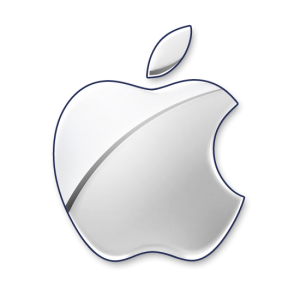Several large brands have announced new consumer checking accounts or credit card offerings with banking partners. For instance, Google plans to offer checking accounts (code-named Cache in partnership with Citi and Stanford Federal). T-Mobile has already done so, and Apple released a credit card (and suffered a scandal over alleged gender bias).
Questions to consider in covering these bank and brand partnerships.
What does this mean for consumers? Are there any notable features of these products that aren’t offered by existing products? Are other brands likely to follow suit and enter this market? What brand/bank partnerships have worked (or not worked) in the past?
How do the terms, features, and interest rates of these new products compare to existing products? Are there any caveats that experts feel consumers should know about?
What are the challenges associated with non-banking brands entering this market? With data breaches happening almost constantly, what precautions are they taking to protect consumers’ financial information?
How can brands like Apple avoid allegations of gender bias in their lending practices? What is the potential fallout for Apple?
Reporter’s Takeaway
For context on the banking system, consider interviewing a local professor. ExpertiseFinder lists over 80 professors with expertise in some aspect of banking.
Fintech refers to financial technology, and there are several member associations focusing on this growing area. For context on the technology side, contact an organization such as the FinTech Professionals Association or the Association for Financial Technology. Your city or region may also have its own fintech groups with experts who can comment on this area.
Consulting groups such as Bain, McKinsey, and others have subject matter experts who can weigh in on banking technology, new products, or the cybersecurity implications.










